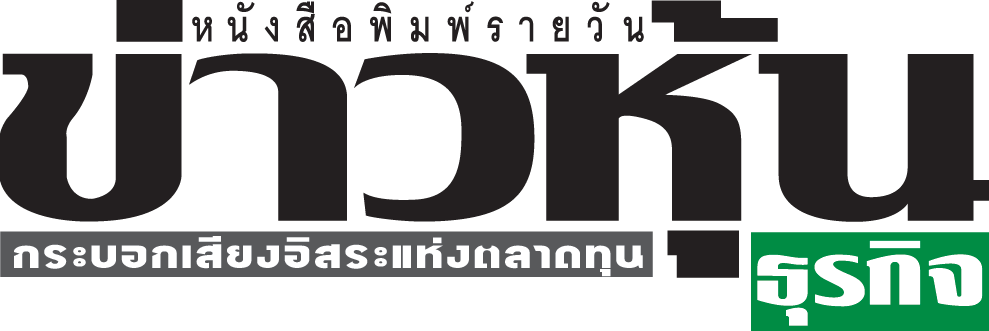
Surge in Energy Price and Untamed Thai Baht Pushes CPI to the Higher Edge
CPI numbers higher than expected amid rise in oil price and weak baht
Inflationary pressure erodes purchasing power of the South Asia’s largest economy – Thailand. CPI numbers came under pressure due to forward pressure on the oil price and weakening of the Thai baht. In more than two decades the biggest challenge the country is facing is back-to-back recession.
According to CPI numbers released by the commerce ministry, CPI rose 1.68% year-on- year where as core CPI rose 0.19% year-on-year. Surge in oil price and end of state subsidy for electricity and water charges are primary drivers of the rise in CPI numbers.
Earlier today Deputy Prime Minister and Energy Minister Supattanapong Punmeechaow informed government’s plan to temporarily freezing cooking gas and diesel price in an effort to minimize pressure on the economy due to rising oil price. However, the decision is a late call by the government as inflation seems to have already raged over the economy.
Wichun Niwatjinda – Deputy General at the trade policy and strategy office said government might need to intervene in the form of subsidy on electricity and fuel cost.
The untamable Thai baht on the other hand although benefits exports however would result in higher retail price to the consumer end.
Inflation is expected to rally between 1% to 1.68% for the rest of the year, according to commerce ministry. However, the target range is within the central bank’s target of 1-3%.
The central bank maintains policy rate at record low of 0.50% signaling the regulator is more concerned on economic growth over inflation and financial stability.
According to Public Debt Management Office, S&P Global Rating maintains Thailand’s sovereign credit rating at BBB+.


